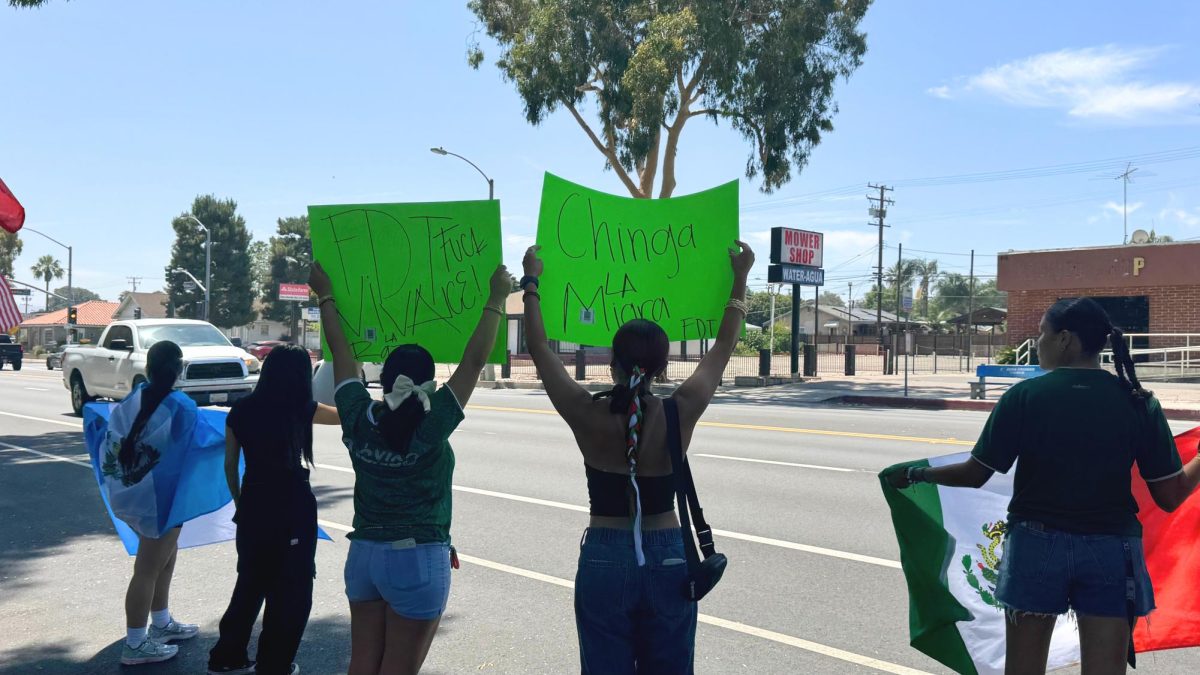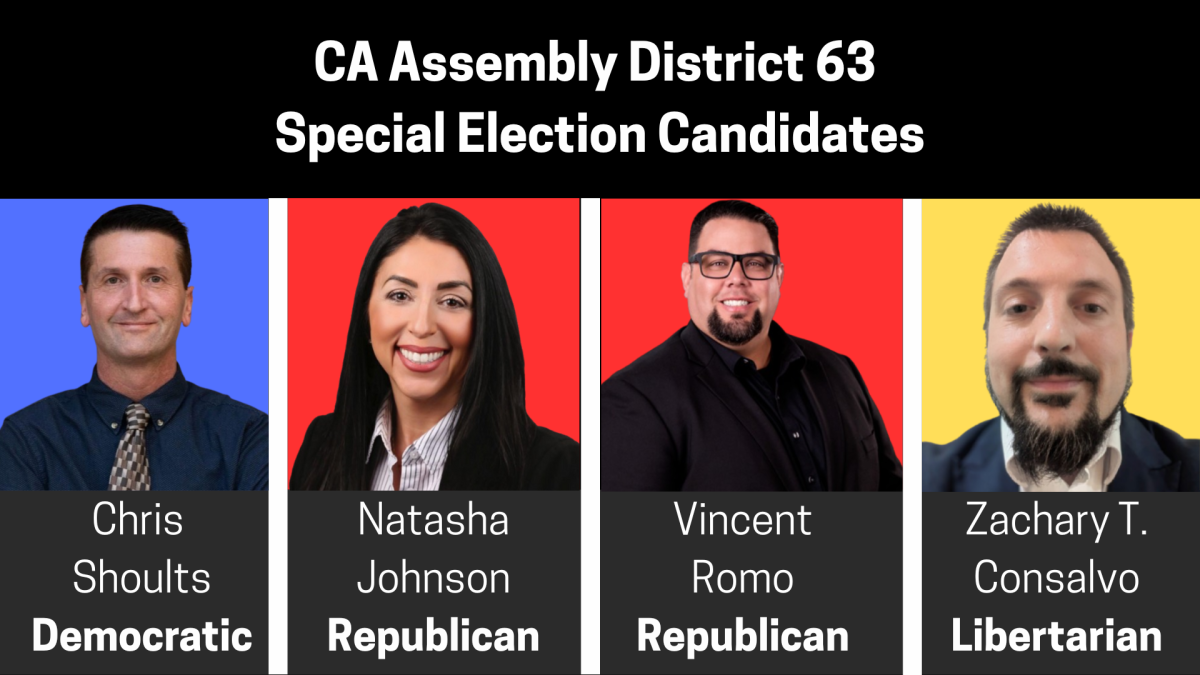By Joshua Burciaga

Riverside’s homeless population has steadily been increasing over the past couple of years.
In response to this, the city of Riverside held a forum Feb. 22 at the Grove Community Church that served to inform locals about Riverside’s latest attempt to combat homelessness.
Riverside Mayor, Rusty Bailey, introduced speakers Tom Lance, Brian Jaramillo, Alexander Nguyen and Emilio Ramirez at the event and provided details about their new program, “Tiny Homes.”
Riverside officials are planning on providing 400 housing units for the homeless community across the city in order to implement a housing first approach to help those in need.
Not all 400 of the housing units will be built, as officials are looking for other available options such as existing apartment units and churches willing to provide Housing First use on their land, but each unit built will have two bedrooms and a functioning kitchen, bathroom and laundry room.
Bryan Jaramillo, President of Tilden-Coil Constructors, the company in charge of building the housing units for the program, explains that no money has gone into designing the layout since all of the planning has been volunteer-based.
Speakers at the forum said that they hope that by providing housing for homeless individuals, that successful job acquirement and sobriety will follow.
“You can’t end homelessness without housing,” Bailey said.
Riverside’s Assistant City Manager, Alexander Nguyen, explains that a housing first approach is most effective in helping the homeless because by providing the homeless with housing, social workers believe they can use that house as a tool that will make their jobs easier and ensure a higher success rate.
“It’s very difficult for social workers of all kinds to do their work in the middle of the park, on the bench at the bus stop or especially down in the riverbottom,” Nguyen said. “It’s a lot easier in a space that is safe and warm.”
Nguyen went on to address the concerns of the community in regards to the project. One of the main concerns of the program is that the city is just handing out free houses to the homeless.
He assures his audience that this is not the case.“It’s not that we’re gonna get a homeless person and throw them the keys and say, “OK, there you go. Party all night long,” Nguyen said.
He points out that recipients must work or be actively seeking out employment and follow the rules and guidelines found in the program’s Transitional Housing Program Agreement and Code of Safe Conduct and Good Neighbor Policy.
Another concern from a Riverside community member was that homeless individuals are drug addicts; therefore, they’re problematic.
Nguyen informs that if someone is provided with a home, then any addicts need to enter a mandatory addiction program and that the services provided in the program will actually be sent to that individual’s new home.
“The case is not that, no matter what the person is doing that they get a free house.
They have to work,” Nguyen said. “They have to put forth their individual effort to get better and we work with them.”
When informed about the project, several Riverside City College students voiced their concerns about the program, but remained optimistic.
“If somebody is seeking help, then that would be good for them… but if they’re not, then I don’t think anything good can come out of it,” McKenna Miller, an RCC student said.
“It always sounds like a good idea trying to help out,” RCC student Giancarlo Ortiz said.
“But you also have to take into consideration that some homeless people don’t want to receive help.”
Associated Students of Riverside City College President Maritzza Jeronimo and Vice President Clara Velarde supports Riverside’s new initiative, especially when taking into consideration RCC’s homeless student population.
Both Jeronimo and Velarde agree that providing housing and food to students in need will reduce the dropout rate for many homeless students.
“If we can provide for them, that will take at least some stress off of them and they can focus on their studies,” Jeronimo said.
“It’s something we’re very on board for and something that we’ve been working on.”
“But it’s not just financial support that these students need, they need to feel like they have a family, they need to feel like they have a community,” Velarde said.
“I think this is great, and I think it’s gonna help a lot of people, hopefully people that attend RCC as well.”












